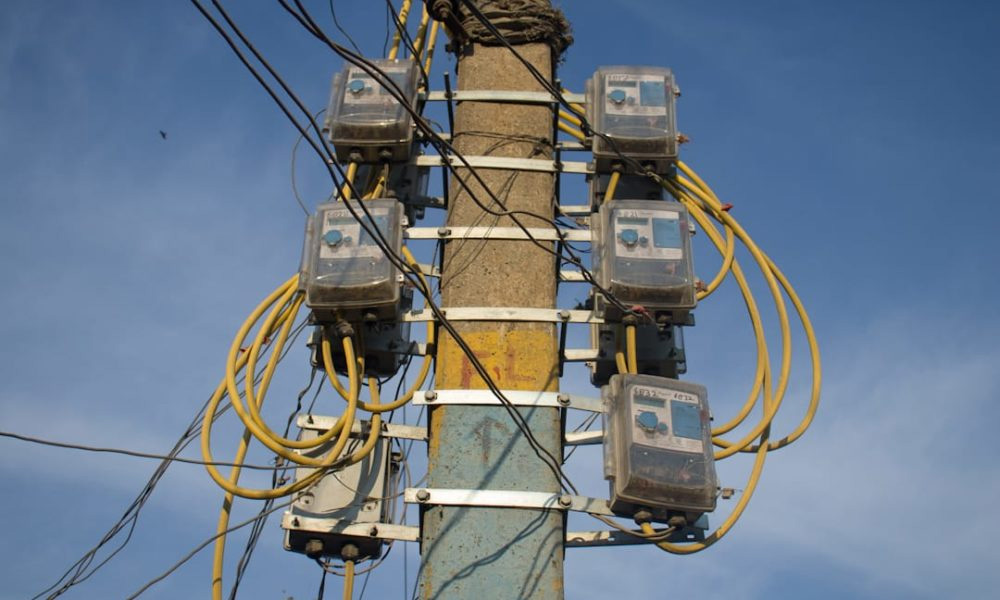Jammu and Kashmir has made remarkable strides in reforming the electricity sector, positioning itself among the top seven states and UTs in smart meter installations. With over 500,000 smart meters successfully installed, J&K is on a clear path to modernising its energy infrastructure, addressing legacy issues, and ensuring enhanced service delivery to consumers. The implementation of smart meters marks a significant technological advancement, promising error-free billing and eliminating the inaccuracies of outdated manual systems. The transparency and efficiency introduced by this technology are transformative, aligning J&K with national standards and global best practices. Beyond smart metering, J&K has embarked on several other infrastructure upgrades. The replacement of 4,500 circuit kilometres of old wires in urban areas with modern, fully insulated cables and the deployment of 30,000 circuit kilometres of aerial bundled cables under the RDSS scheme are commendable steps. These measures, coupled with the installation of 10,000 small high-voltage distribution system transformers, have significantly improved system reliability and public safety.
Financially, the Government’s decision to not increase electricity tariffs for the current fiscal year 2024-25 reflects a consumer-centric approach. Although metered consumers experienced a 15 percent tariff hike in the previous year, this increase was effectively nullified by the withdrawal of the 15 percent electricity duty, ensuring no net rise in consumer bills. This balance between necessary tariff adjustments and consumer protection highlights a pragmatic approach to financial stability and consumer satisfaction. However, challenges persist. The high number of unmetered areas in Kashmir remains a significant concern, contributing to substantial energy losses. With only 32 percent of residential consumers metered, a majority are still billed on a flat-rate basis, which often fails to reflect actual usage. Addressing this disparity is crucial for achieving accurate energy measurements and reducing losses. The Government’s initiatives, such as calibrated load rationalisation and the introduction of flat-rate tariffs by the JERC, are steps in the right direction to encourage a transition to metered billing. The path ahead may be challenging, but J&K has to make further reforms to streamline the power sector of the UT.
Trending Now
E-Paper


